Hosts and Philosophers' Panellists
 Professor John Tasioulas, Professor John Tasioulas, the inaugural Director for the Institute for Ethics and AI, and Professor of Ethics and Legal Philosophy, Faculty of Philosophy, University of Oxford. He was previously the inaugural Chair of Politics, Philosophy & Law and Director of the Yeoh Tiong Lay Centre for Politics, Philosophy & Law at The Dickson Poon School of Law, Kings College London. Professor Tasioulas has degrees in Law and Philosophy from the University of Melbourne, and a D.Phil in Philosophy from the University of Oxford, where he studied as a Rhodes Scholar. He was previously a Lecturer in Jurisprudence at the University of Glasgow, Reader in Moral and Legal Philosophy at the University of Oxford, where he taught from 1998-2010, and Quain Professor of Jurisprudence at University College London. He has also acted as a consultant on human rights for the World Bank and is a member of the International Advisory Board of the European Parliament's Panel for the Future of Science and Technology (STOA) and of the Greek Prime Minister's High-Level Advisory Committee on AI. He has published widely in moral, legal, and political philosophy and is the author of On Justice and Mercy: Essays in Moral and Legal Philosophy (OUP, forthcoming) and the co-editor of The Philosophy of International Law (OUP, 2010) and the editor of The Cambridge Companion to the Philosophy of Lawi (CUP, 2020). He is currently engaged in a research project together with Professor Hélène Landemore on a humanistic approach to AI ethics that is funded by Schmidt Sciences' AI2050 Program.
Professor John Tasioulas, Professor John Tasioulas, the inaugural Director for the Institute for Ethics and AI, and Professor of Ethics and Legal Philosophy, Faculty of Philosophy, University of Oxford. He was previously the inaugural Chair of Politics, Philosophy & Law and Director of the Yeoh Tiong Lay Centre for Politics, Philosophy & Law at The Dickson Poon School of Law, Kings College London. Professor Tasioulas has degrees in Law and Philosophy from the University of Melbourne, and a D.Phil in Philosophy from the University of Oxford, where he studied as a Rhodes Scholar. He was previously a Lecturer in Jurisprudence at the University of Glasgow, Reader in Moral and Legal Philosophy at the University of Oxford, where he taught from 1998-2010, and Quain Professor of Jurisprudence at University College London. He has also acted as a consultant on human rights for the World Bank and is a member of the International Advisory Board of the European Parliament's Panel for the Future of Science and Technology (STOA) and of the Greek Prime Minister's High-Level Advisory Committee on AI. He has published widely in moral, legal, and political philosophy and is the author of On Justice and Mercy: Essays in Moral and Legal Philosophy (OUP, forthcoming) and the co-editor of The Philosophy of International Law (OUP, 2010) and the editor of The Cambridge Companion to the Philosophy of Lawi (CUP, 2020). He is currently engaged in a research project together with Professor Hélène Landemore on a humanistic approach to AI ethics that is funded by Schmidt Sciences' AI2050 Program.
 Professor Josiah Ober (Stanford). Professor Josiah Ober is the Constantine Mitsotakis Chair in the School of Humanities and Sciences at Stanford University, and currently Eastman Visiting Professor at Balliol College, Oxford. He specializes in the areas of ancient and modern political theory and historical institutionalism. His primary appointment is in Political Science; he holds a secondary appointment in the Classics and courtesy appointments in Philosophy and the Hoover Institution.
Professor Josiah Ober (Stanford). Professor Josiah Ober is the Constantine Mitsotakis Chair in the School of Humanities and Sciences at Stanford University, and currently Eastman Visiting Professor at Balliol College, Oxford. He specializes in the areas of ancient and modern political theory and historical institutionalism. His primary appointment is in Political Science; he holds a secondary appointment in the Classics and courtesy appointments in Philosophy and the Hoover Institution.
His most recent books are The Greeks and the Rational: The Discovery of Practical Reason (University of California Press, 2022), Demopolis: Democracy Before Liberalism in Theory and Practice (Cambridge University Press, 2017) and (with Brook Manville) The Civic Bargain: How Democracy Survives (Princeton University Press 2023). His ongoing work focuses on rationality (ancient and modern), the theory and practice of democracy, and the politics of knowledge and innovation. Recent articles and working papers address AI ethics, socio-political systems, economic growth and inequality, the relationship between democracy and dignity, and the aggregation of expertise.
He is author or co-author of about 100 articles and chapters and several other books, including Fortress Attica (1985), Mass and Elite in Democratic Athens (1989), The Athenian Revolution (1996), Political Dissent in Democratic Athens (1998), Athenian Legacies (2005), Democracy and Knowledge (2008), and The Rise and Fall of Classical Greece (2015).
Prime Ministers' Address
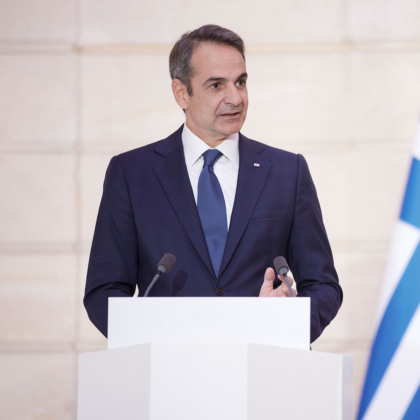 Kyriakos Mitsotakis was sworn in as Prime Minister of the Hellenic Republic on July 8th, 2019. He was re-elected in June 2023.
Kyriakos Mitsotakis was sworn in as Prime Minister of the Hellenic Republic on July 8th, 2019. He was re-elected in June 2023.
President of Nea Demokratia since January 2016, managed to modernize his party, renew and boost its membership base, create a system of funding based on small annual donations by the members and put in place a code of transparency and accountability in the operations of the party. He led his party to a landslide victory three years later, campaigning on a platform for jobs, strong growth and lower taxes. Nea Demokratia was the first party to win an absolute majority in the Greek Parliament since 2009.
As Minister of Administrative Reform and e-Government from June 2013 until January 2015, he spearheaded comprehensive national reforms by implementing a functional reorganization of institutions, structures and processes A member of the Parliament since 2004, Kyriakos Mitsotakis has participated in the Committee for Constitutional Amendment, the Committee for Trade and the Committee for National Defense. He was also an active member of the NATO Parliamentary Assembly.
As Chairman of the Environment Committee between 2007-2009, he passionately pursued issues pertaining to climate change and advocated for the need for environmentally sustainable growth. Since then, he was the shadow-minister for the environment and climate change for Nea Demokratia until 2012 Before entering politics, he worked for ten years in the private sector as a financial analyst with Chase Investment Bank, a consultant with McKinsey and Company and finally as CEO of NBG Venture Capital at the National Bank of Greece.
He obtained his bachelor’s degree in Social Studies, summa cum laude, from Harvard University, and earned an MA in International Relations from Stanford University and an MBA from Harvard Business School.
Presentation of AiTHERION
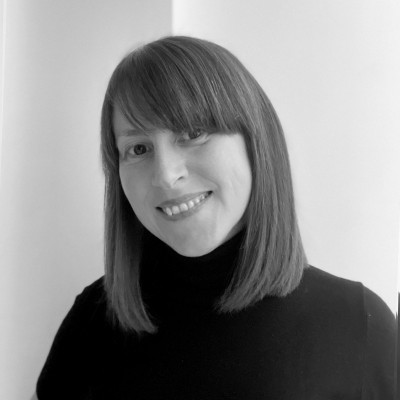 Dr Lida Arnellou holds a BA in Public Administration from Panteion University and a PhD in Science Communication, from the University of the Peloponnese. In collaboration with the University of Patras, the Hellenic Open University and the University of the Peloponnese, she has worked in research projects concerning science communication, informal education (ex. in museums) and the public image of science in the media. She has a long working experience in the sector of culture, at Eugenides Foundation (2007 to 2018), where she worked mainly as the Coordinator of the Interactive Science and Technology Exhibition. In 2017-2018, she contributed to the design of the first Greek Master’s Program on “Science Communication” at the Hellenic Open University and co-authored the textbooks for the “Science Communication” and “Scientific Journalism” units.
Dr Lida Arnellou holds a BA in Public Administration from Panteion University and a PhD in Science Communication, from the University of the Peloponnese. In collaboration with the University of Patras, the Hellenic Open University and the University of the Peloponnese, she has worked in research projects concerning science communication, informal education (ex. in museums) and the public image of science in the media. She has a long working experience in the sector of culture, at Eugenides Foundation (2007 to 2018), where she worked mainly as the Coordinator of the Interactive Science and Technology Exhibition. In 2017-2018, she contributed to the design of the first Greek Master’s Program on “Science Communication” at the Hellenic Open University and co-authored the textbooks for the “Science Communication” and “Scientific Journalism” units.
She is the head of the ARTIFACT (Artificial Intelligence for Culture) research group, at SKEL The AI Lab, Institute of Informatics and Telecommunications. ARTIFACT is active in the intersection of innovative technologies and culture, in projects concerning the creation of cultural experiences with digital technologies and the advanced digitisation of cultural heritage. She is the Curator and project manager of AiTHERION a space that fosters technology driven cultural experiences on ancient Greek philosophy, developed by NCSR Demokritos in collaboration with the Ministry of Culture.
Practitioners Panel
Chair:
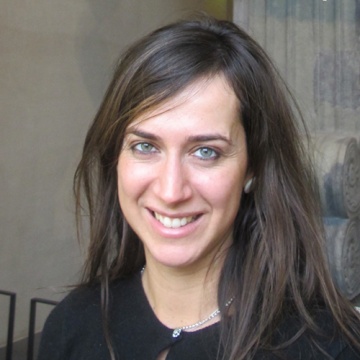 Professor Fotini Christia is the Ford International Professor of the Social Sciences in the Department of Political Science at the Massachusetts Institute of Technology. She is Director of the Sociotechnical Systems Research Center (SSRC), Associate Director of the Institute for Data, Systems, and Society (IDSS), and Chair of the doctoral program in Social and Engineering Systems (SES) at MIT's Schwarzman College of Computing. Her research has focused on issues of conflict and cooperation in the Muslim world, and she has conducted fieldwork in Afghanistan, Bosnia, Iraq, Iran, the Palestinian Territories, Syria, and Yemen. She is currently working to bridge the social sciences, data science, and computation by bringing researchers from these disciplines together to address systemic racism across housing, healthcare, policing, and social media. She also has a new line of research that examines how to effectively integrate AI tools in public policy.
Professor Fotini Christia is the Ford International Professor of the Social Sciences in the Department of Political Science at the Massachusetts Institute of Technology. She is Director of the Sociotechnical Systems Research Center (SSRC), Associate Director of the Institute for Data, Systems, and Society (IDSS), and Chair of the doctoral program in Social and Engineering Systems (SES) at MIT's Schwarzman College of Computing. Her research has focused on issues of conflict and cooperation in the Muslim world, and she has conducted fieldwork in Afghanistan, Bosnia, Iraq, Iran, the Palestinian Territories, Syria, and Yemen. She is currently working to bridge the social sciences, data science, and computation by bringing researchers from these disciplines together to address systemic racism across housing, healthcare, policing, and social media. She also has a new line of research that examines how to effectively integrate AI tools in public policy.
Panellists:
 Professor Constantinos Daskalakis is the Avanessians Professor of Electrical Engineering and Computer Science, a member of the Computer Science and Artificial Intelligence Laboratory (CSAIL), and an affiliate of the Laboratory for Information and Decision Systems (LIDS) and the Operations Research Center (ORC). He is also an investigator in the Foundations Of Data Science Institute (FODSI). Daskalakis completed his undergraduate studies in Greece, at the National Technical University of Athens, and obtained a PhD in Computer Science at UC Berkeley. He was a postdoctoral researcher in Microsoft Research-New England in 2008-2009, and has been in the MIT faculty since 2009. Daskalakis works on computation theory and its interface with game theory, economics, probability theory, statistics and machine learning.
Professor Constantinos Daskalakis is the Avanessians Professor of Electrical Engineering and Computer Science, a member of the Computer Science and Artificial Intelligence Laboratory (CSAIL), and an affiliate of the Laboratory for Information and Decision Systems (LIDS) and the Operations Research Center (ORC). He is also an investigator in the Foundations Of Data Science Institute (FODSI). Daskalakis completed his undergraduate studies in Greece, at the National Technical University of Athens, and obtained a PhD in Computer Science at UC Berkeley. He was a postdoctoral researcher in Microsoft Research-New England in 2008-2009, and has been in the MIT faculty since 2009. Daskalakis works on computation theory and its interface with game theory, economics, probability theory, statistics and machine learning.
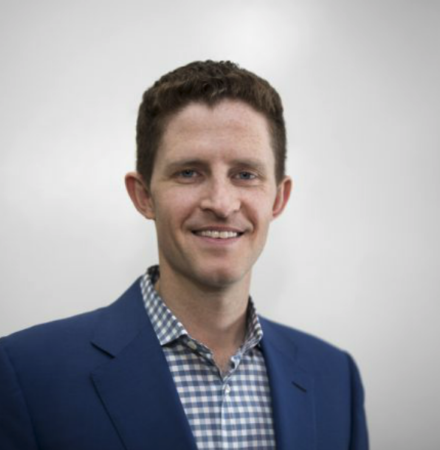
Mr Brendan McCord is founder and Chair of the Cosmos Institute, a non-profit focused on AI and human flourishing. In the private sector, Mr. McCord was founding CEO of two AI startups that were acquired for $400 million. In the public sector, he was principal founder of the first applied AI organization for the U.S. Department of Defense and author of its first AI strategy. Mr. McCord is a Visiting Fellow in philosophy at St. Catherine's College at Oxford. He earned a bachelor’s degree from MIT and a master’s degree from Harvard Business School.
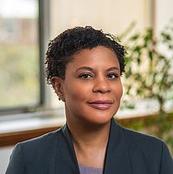 Professor Alondra Nelson is the Harold F. Linder Professor at the Institute for Advanced Study and a distinguished senior fellow at the Center for American Progress. A former deputy assistant to President Joe Biden, she served as acting director of the White House Office of Science and Technology Policy (OSTP). Nelson’s work at OSTP drove Biden-Harris Administration strategy to build policy that expands economic opportunity, protects civil rights, enhances security, advances equity, and ensures emerging science and technologies work for, not against, our democratic values. She led the OSTP team that developed the landmark "Blueprint for an AI Bill of Rights," which lays the groundwork for policymakers, technology developers, and others to better safeguard people’s rights as algorithms and AI reach further into our lives. Including her in the list of "Ten People Who Shaped Science in 2022," Nature said of Nelson's OSTP tenure, “this social scientist made strides for equity, integrity and open access.”
Professor Alondra Nelson is the Harold F. Linder Professor at the Institute for Advanced Study and a distinguished senior fellow at the Center for American Progress. A former deputy assistant to President Joe Biden, she served as acting director of the White House Office of Science and Technology Policy (OSTP). Nelson’s work at OSTP drove Biden-Harris Administration strategy to build policy that expands economic opportunity, protects civil rights, enhances security, advances equity, and ensures emerging science and technologies work for, not against, our democratic values. She led the OSTP team that developed the landmark "Blueprint for an AI Bill of Rights," which lays the groundwork for policymakers, technology developers, and others to better safeguard people’s rights as algorithms and AI reach further into our lives. Including her in the list of "Ten People Who Shaped Science in 2022," Nature said of Nelson's OSTP tenure, “this social scientist made strides for equity, integrity and open access.”
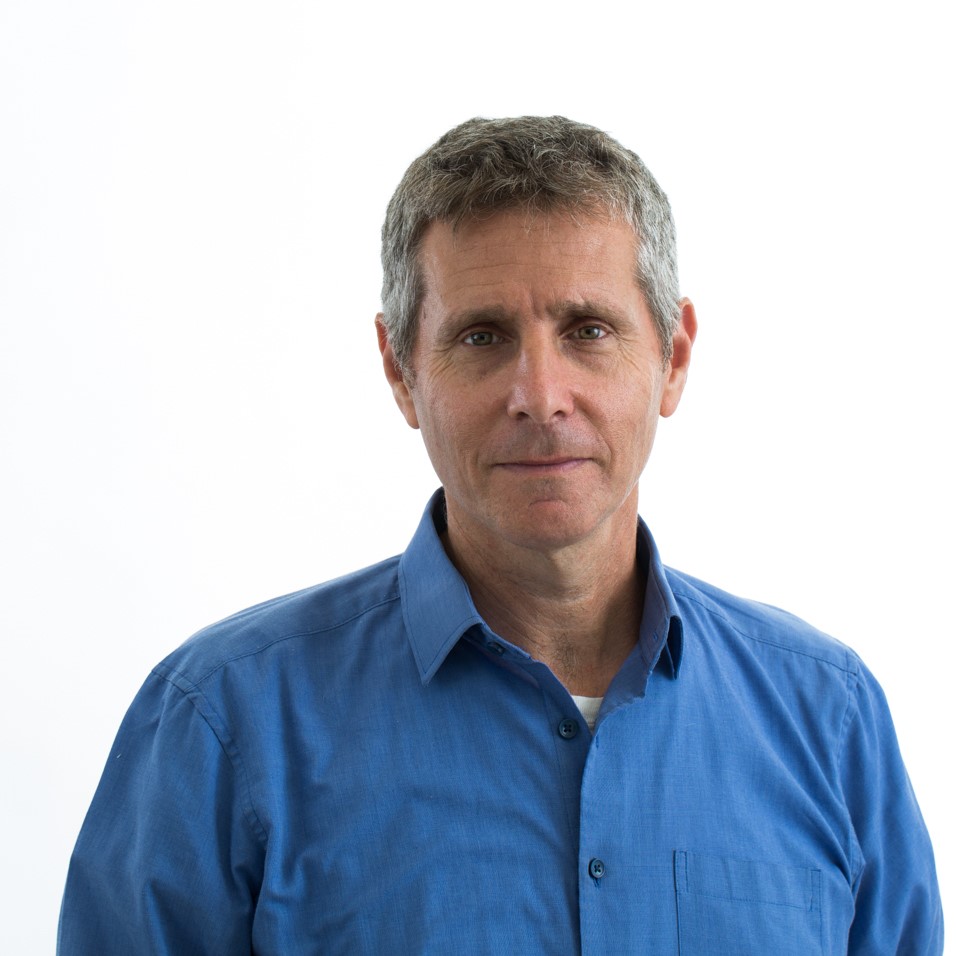 Professor Yuval Shany is the Hersch Lauterpacht Chair in International Law and former Dean of the Law Faculty of the Hebrew University of Jerusalem. He was a member of the UN Human Rights Committee from 2013 to 2020, and served for one year during that time as Chair of the Committee. He currently serves as a senior research fellow at the Israel Democracy Institute, the Chair of the Hebrew University’s Minerva Center for Human Rights’ academic committee, co-director of the Faculty’s International Law Forum and transitional justice program, and the head of the Cyber Law program of the Hebrew University Cyber Security Research Center. His research focuses on international human rights law, international humanitarian law, international courts and tribunals and international law in cyberspace.
Professor Yuval Shany is the Hersch Lauterpacht Chair in International Law and former Dean of the Law Faculty of the Hebrew University of Jerusalem. He was a member of the UN Human Rights Committee from 2013 to 2020, and served for one year during that time as Chair of the Committee. He currently serves as a senior research fellow at the Israel Democracy Institute, the Chair of the Hebrew University’s Minerva Center for Human Rights’ academic committee, co-director of the Faculty’s International Law Forum and transitional justice program, and the head of the Cyber Law program of the Hebrew University Cyber Security Research Center. His research focuses on international human rights law, international humanitarian law, international courts and tribunals and international law in cyberspace.
